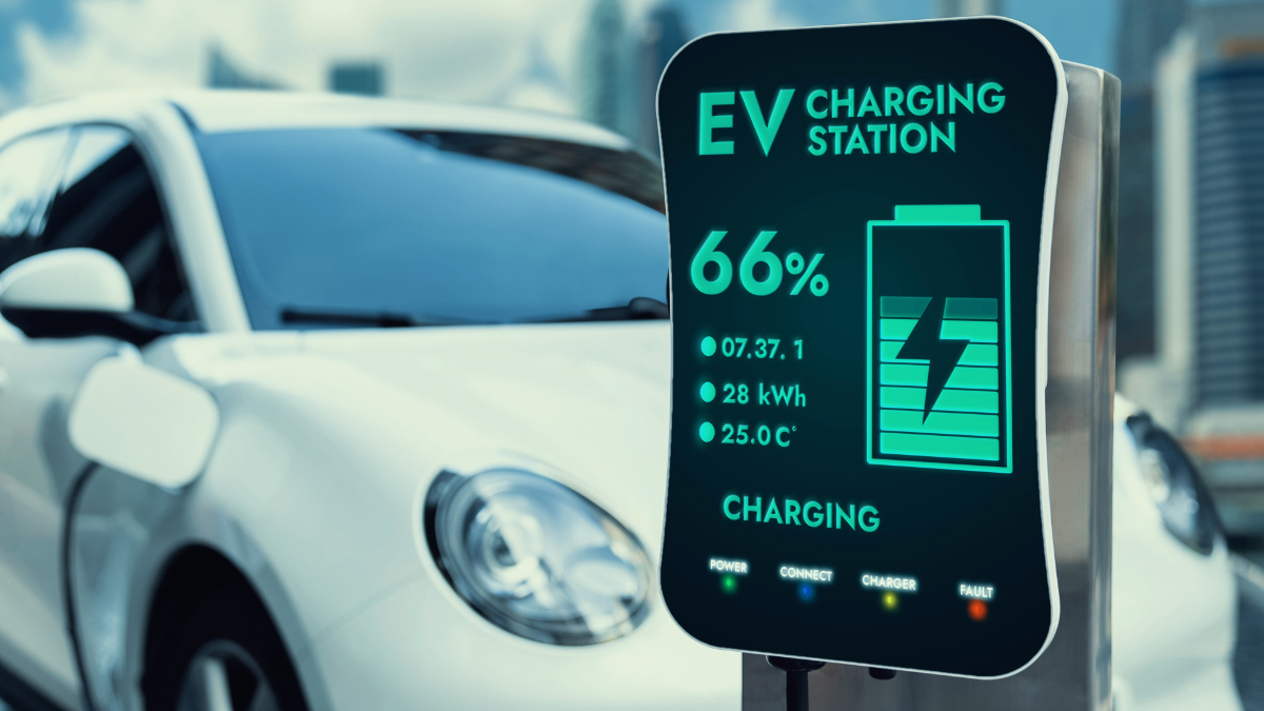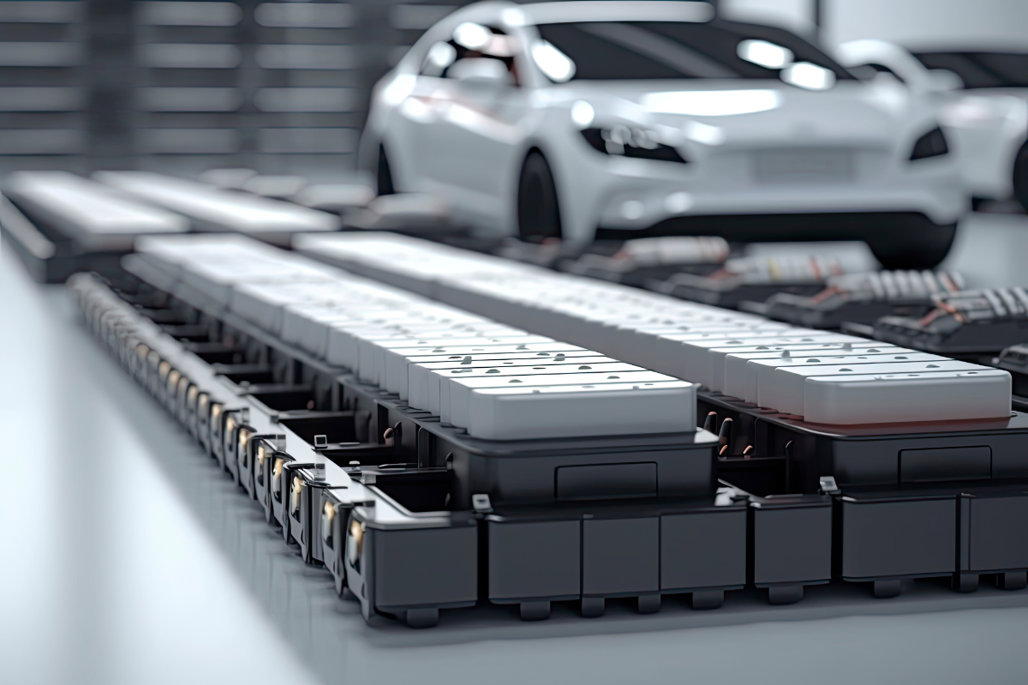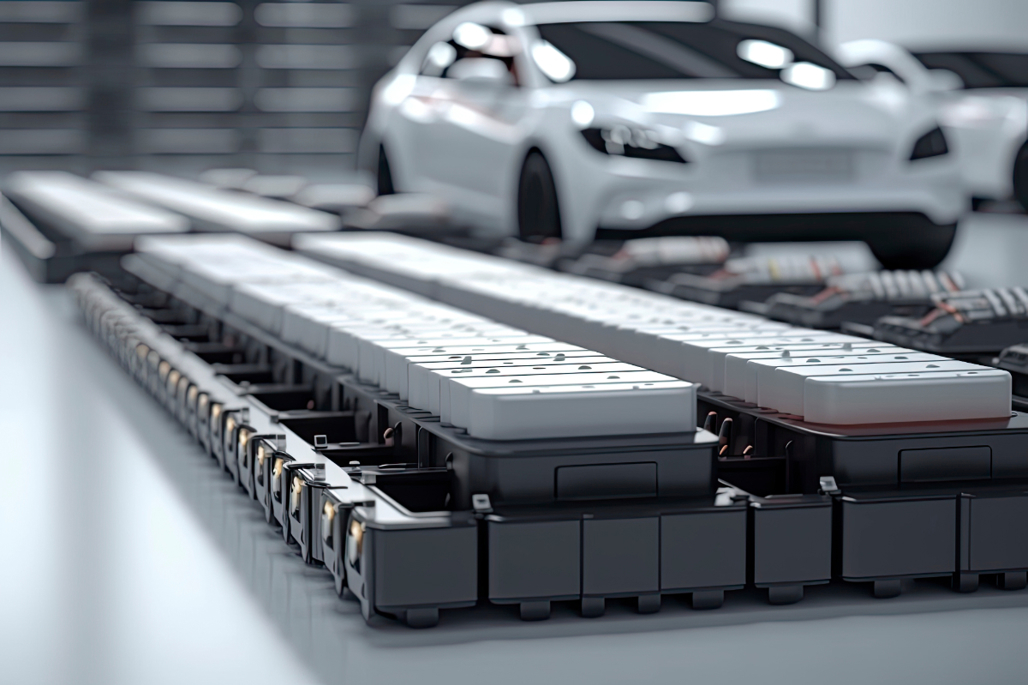The world is getting hotter. That shouldn’t come as a shock; we’ve known this for a while. Now, you can say that global warming isn’t real, that science is exaggerated, or that your Mercedes-AMG C 63 produces less CO2 than a cow. Fine.

But you can’t tell me summers are as glamorous as they once were. Thirty degrees is outrageous. If I wanted to live somewhere hot, I’d move to the South of France. But guess what? I haven’t.
To fix this pressing issue, many have tried different approaches, but there is one seemingly simple solution: electric vehicles (EVs). If everyone and their dog were to drive around in these little contraptions, we’d be in a much better position. I am not so convinced; at least, not yet.
Don’t get me wrong, some electric cars are great. Well, the original Nissan Leaf wasn’t that great… and the G-Wiz was awful in every single way shape and form, but there are some good ones too. Take the Audi e-tron GT, Hyundai Ioniq 5 N, or the Porsche Taycan. Impressive, but unless you’re Jeff Bezos, they might be slightly out of reach.
In 2024, 6364 EVs were purchased in New Zealand. That may sound fantastic, however, like with anything, there is an environmental cost. One which I feel is being ignored.
Extracting a tonne of lithium, a key component in EV batteries, requires more than 2000 litres of water.
The Motor Trade Association's sector manager for dealers, Larry Fallowfield, says that while lithium is key to EV batteries, the full environmental cost of its extraction, particularly on land, remains unclear: “Mining lithium requires a lot of manpower and heavy equipment, and we don't really know what the impact is on the land that's left behind.
“We see pictures from China and Chile from time to time, but you rarely see what that landscape looks like after they've finished mining there.”
Chile’s largest salt flat, Salar de Atacama, has lost 65% of its water supply due to lithium extraction. This has led to water shortages that severely impact local farmers' ability to grow crops and maintain livestock, whereas Chinese lithium mining in Tibet has released chemicals like hydrochloric acid into the Liqi River, poisoning fish and killing livestock.
A recent study from the University of Auckland and Xiamen University in China indicated that, alongside the need to clean up lithium mining, continued progress in battery technologies are paramount in improving the environmental performance of EVs.
Furthermore, successfully implementing the “green e-mobility” concept largely rests on green-energy supply solutions. The study suggests that in cases where EVs are charged using electricity from fossil fuels, they may indirectly contribute to higher emissions than a modern gasoline vehicle, when considering its entire lifecycle.
A statement, issued by Greenpeace Aotearoa board member Genevieve Toop says to deal with the climate crisis, we need to phase out fossil fuels, fast: “60% of total energy use across the country, including transport and industry still comes from fossil fuels.
“To cut carbon emissions, we need to scale up public transport, walking and cycling options, and rethink how we design our towns and cities to reduce car dependence overall.
“Electrifying the remaining vehicle fleet is just one part of a broader transition to cleaner, more accessible transport that works for people and the planet.”
So, what’s the answer? In short, there isn’t one. The issue is far too complex and convoluted to just “fix it”. As a society so dependent on the proceeds of the industrial revolution, nothing we do will be entirely "green". There will always be an environmental cost.
Recently, I’ve noticed a growing online debate about whether sodium-ion batteries and carbon-neutral fuels could be the solution. However, these technologies are still in the early stages of development and may take considerable time to become viable.
As far as I’m concerned, EV’s are not a step in the wrong direction. However, to ensure that we reap the rewards of this shift, a stronger regulatory framework must be built around the extraction of these minerals. If current trends continue, demand for lithium will only increase, placing greater pressure on those involved in its extraction. This could lead to corners being cut, with real consequences for people.




